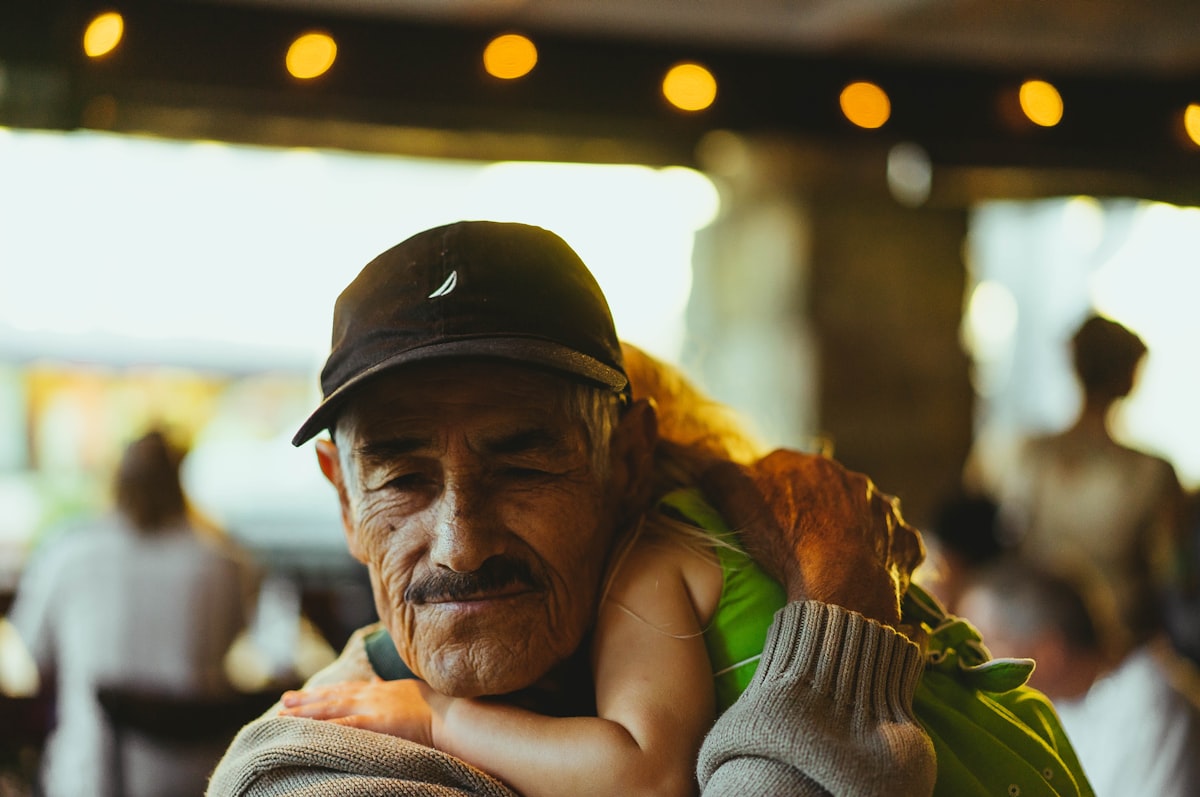Hispanics Living in the U.S. Face Elevated Cancer Risk
Latinos have higher incidence of risk factors like type 2 diabetes and obesity.

You might think of cancer as an equal-opportunity disease but a study by Texas Tech calls that into question, finding that Hispanics are at higher risk of cancer than the general population.
The Hispanic population in the U.S. has the highest prevalence of some important and potentially modifiable cancer risk factors, including type 2 diabetes and obesity, according to the study by researchers at the Texas Tech University Health Sciences Center School of Medicine.
Hispanics also are more frequently diagnosed with advanced stages of cancer and have a lower quality of life after receiving a cancer diagnosis than non-Hispanic whites, the study noted.
“We estimated 126,000 new cases [of cancer] are being diagnosed yearly in Hispanics,” said Jasbir Bisht, a cytogenetic technologist at Texas Tech.
Obstacles facing Hispanic cancer patients
Bisht's team sought to provide insight about the obstacles facing Hispanic cancer patients and their caregivers. These issues include:
- Socioeconomic status, which affects cancer risk factors such as physical inactivity, tobacco usage, lack of adequate nourishment and obesity. Other socioeconomic factors include a lack of health insurance, low incomes and elevated poverty rates, which have been linked to late-stage cancer diagnosis and lower cancer survival rates.
- Cultural differences, which can impact a Hispanic patient’s physical, psychological, social and spiritual well-being. Family and religious faith also play a significant role in Hispanic culture.
- Linguistic barriers, which often result in Hispanics (and other ethnic and minority groups) receiving lower-quality health care services, makes them less likely to undergo routine medical procedures and leads to higher rates of morbidity and mortality. It also creates a general mistrust of physicians and other health care providers.
- Comorbidities such as type 2 diabetes mellitus (the rates of which are two to five times higher than non-Hispanic whites), obesity and hypertension. Obesity and being overweight are directly related to an increased risk of colon, rectum and breast cancer.
“This review can help Hispanic community caregivers in many ways, especially in coping with their situation while caring for cancer patients,” said P. Hemachandra Reddy, of Texas Tech's internal medicine laboratory. “We have given many suggestions, such as self-care as a way for caregivers to handle anxiety, depression and stress, and how to maintain or upgrade to a healthier lifestyle.”
Currently, members of the Reddy Laboratory are actively investigating issues faced by caregivers of patients with dementia, diabetes, obesity, hypertension and other comorbidities.
The article, “Caregivers with Cancer Patients: Focus on Hispanics,” was published in January by Cancers, an open access journal of oncology.
